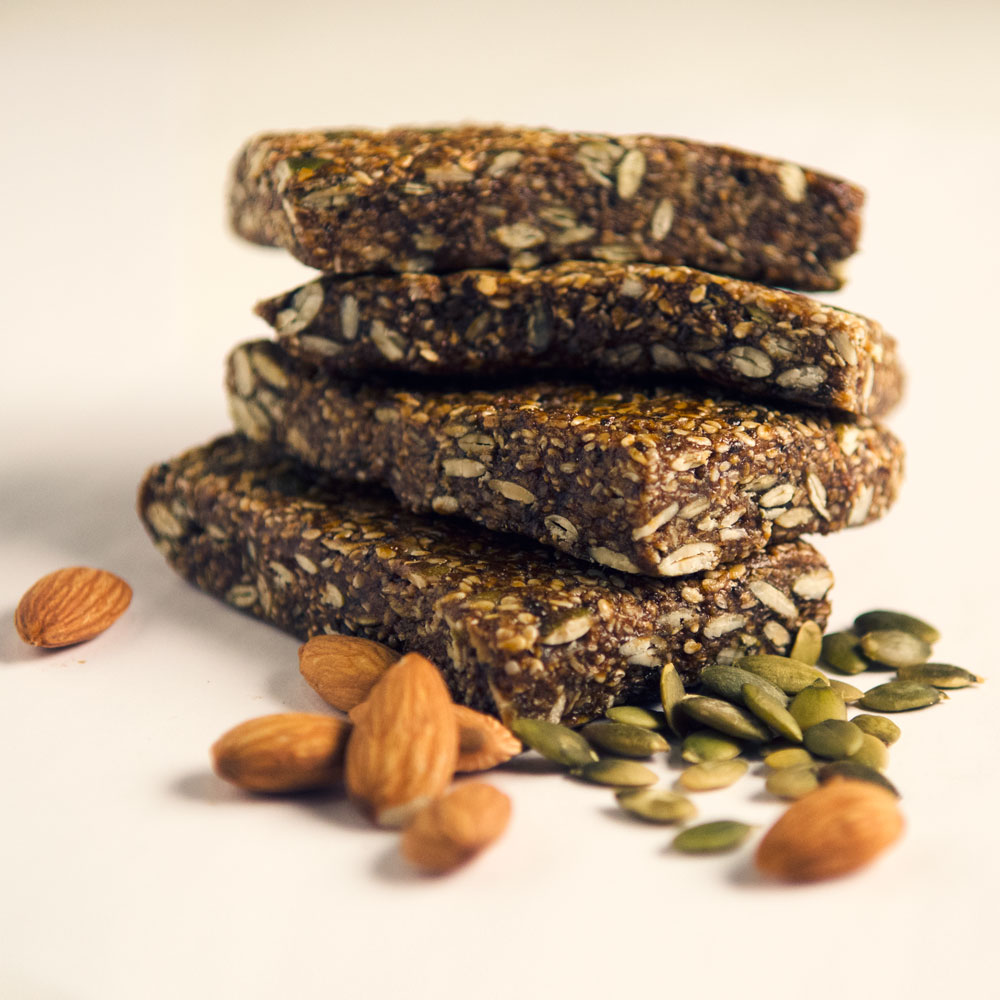
Need any more reasons to consider a vegan lifestyle? Recent research confirms that shifting our diet to include more plant-based foods will reduce our risk of chronic and even reverse existing disease. According to the Centers for Disease Control and the World Health Organization (WHO), diet and lifestyle diseases are responsible for approximately 70% of deaths in the Western world and about 63% of deaths worldwide. An estimated 90% of type 2 diabetes and heart disease and 70% of cancers are considered entirely preventable. The four big lifestyle culprits are an unhealthy diet, physical inactivity, alcohol consumption and smoking. The WHO recommends we eat more fruit, vegetables, legumes, nuts and grains; cut down on salt, sugar and fats; choose unsaturated fats instead of saturated fats and eliminate trans-fatty acids. Several huge studies, including the Adventist Health Study-2 (AHS-2)–with over 96,000 North Americans—and the EPIC-Oxford Study—65,000 participants in the UK—have tracked health conscious individuals for decades to determine links between diet, disease and mortality.


Here is a sampling of their findings:
Longevity: Compared with similar health conscious non-vegetarians, mortality rates were reduced by 15% for vegans—as much as 28% for vegan men—and by 9% for lacto-ovo vegetarians who consume dairy and eggs. In study after study, consumption of red meat—beef, pork, lamb–is linked with higher death rates from cardiovascular disease (CVD), type 2 diabetes and various cancers. And processed meat—ham, bacon, corned beef—has a greater effect on shortening one’s life span. Through changing our lifestyle, we can actually alter our genes, which is much more profound than the superficial effect of popping a pill. For example, we can “turn on” disease preventing genes and “turn off” disease promoting genes.
Recent studies have shown we can increase, by 30%, the enzyme “telomerase” that lengthens telomeres—protein complexes at the ends of chromosomes that influence longevity. Shortened telomeres are associated with aging and diseases such as CVD, cancer, diabetes and dementia.
Heart disease: The EPIC-Oxford Study found vegetarians to be 28% less likely to develop heart disease than health conscious meat eaters. A meta-analysis of seven big studies found similar results. AHS-2 found rates to be particularly low in vegan men.
Hypertension: The AHS-2 study found hypertension to be 63% lower in vegans and 43% lower in lacto-ovo vegetarians, compared with non-vegetarians.
Cancer: The EPIC-Oxford study found vegans to be 19% less likely and lacto-ovo vegetarians 11% less likely to develop cancer than health conscious meat eaters. AHS-2 results were quite similar. In both studies, risk was particularly low for men on plant-based diets.
Diabetes: Risk of type 2 diabetes was reduced by 62% for vegans and 32% for lacto-ovo vegetarians, compared with non-vegetarians (AHS-2).
Why vegan? The health advantages of shifting to a plant-based diet include less obesity, lower total and LDL cholesterol and triglycerides, less inflammation, reduced DNA damage, inhibition of cancer cell growth, lower levels of IGF-1 and toxic metabolites, a favourable change in gut microflora—bacteria—and improved antioxidant status.
Excerpted from: “Plants and Your Health”
–Vesanto Melia, MS, RD
